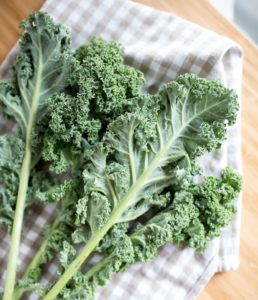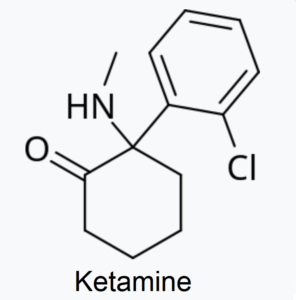Lion’s Mane Mushroom

Lion’s mane mushrooms are a distinctive mushroom species that have an appearance somewhat similar to a lion’s mane. The mushroom has a long history of medical use in Asia, often used as a general tonic. More recently, research has been starting to explore the potential benefits from lion’s mane, with some initial research starting to suggest potential benefits for mental health, brain function and chronic gastritis.
Lion’ s Mane and Mental Health
Depression and Anxiety
A small study from 2010 on lion’s mane for mood and menopausal complaints explored the benefits of the mushroom as compared to placebo. In the study, most of the improvements found were not significantly better than placebo. Overall, menopausal symptoms decreased 33% and depressive symptoms decreased 26% which was a significant change, but still comparable to the placebo response of 35% and 17% respectively (Nagano 2010).
In a separate small study of female dietitian students, lion’s mane was shown to non-significantly reduce anxiety and insomnia. Interestingly, levels of a salivary marker for anxiety, free 3-methoxy-4-hydroxyphenylglycol, was significantly improved in the students that took lion’s mane (Okamura 2015). The study only included eight subjects without a placebo group.
The largest clinical study was in 77 overweight individuals. Depression and anxiety scores were reduced 29.4% and 33.2% respectively after four months of lion’s mane supplementation (Vigna 2019). In the study, sleep was also improved. While the data is interesting, combined with the non-significant results from the two previous studies it is hard to draw any firm conclusions on the benefits of lion’s mane for depression and anxiety.
Cognitive Function
A double-blind, placebo-controlled trial explored lion’s mane mushroom for older patients with mild cognitive impairment, a potential precursor to dementia. After sixteen weeks of supplementation, 71.4% of patients were notably improved as compared to only 6.7% in the placebo group (Mori 2009).
A second placebo-controlled trial also utilized lion’s mane in healthy older adults. In the study there was a small but significant improvement in cognition as measured by the Mini Mental State Examination. However, visual retention and verbal learning testing did not find significant improvements (Saitsu 2019). It’s possible that only minimal benefits were found since the patients were healthy and didn’t have cognitive dysfunction.
Schizophrenia
Schizophrenia is a condition where a person often develops hallucinations or delusions. Individuals also typically have disordered thoughts and behaviors, impacting their daily activities and function. Standard medications sometimes help, but cases are often refractory to standard treatment.
In a case series of ten patients with schizophrenia, lion’s mane supplements improved all measures of symptom pathology, with some patients displaying considerable improvements (Inanaga 2014). Considering the challenges of treating schizophrenia, additional studies could help to verify if lion’s mane can improve symptoms of schizophrenia.
Lion’s Mane and Gastrointestinal Health
While normally touted for its benefits for brain health, an older study out of China suggests potentially potent benefits for chronic gastritis.
Chronic atrophic gastritis is a condition of the stomach, where the stomach lining is inflamed and becomes thin. Certain cell types can also be lost or transformed, compromising stomach function. The condition is considered precancerous and can progress to stomach cancer.
In the Chinese study, subjects were given either lion’s mane mushroom or placebo for three months. For treated subjects, 63% had abdominal pain relief, compared to 36% in the placebo group. On endoscopy, visual examination found 52% of patients had improvement with lion’s mane as compared to only 8% on placebo. Lion’s mane also appeared to reduce cancerous changes by 50% as compared to only 11% in the placebo group (Xu 1985).
The findings are intriguing, but need replication so as to verify the potential utility of lion’s mane for chronic gastritis.
Conclusion
While often touted for its mental health benefits, more research is needed to verify the effects of lion’s mane on depression, anxiety, schizophrenia and cognitive function. It’s also possible that lion’s mane could be beneficial for chronic gastritis, but again, additional studies are needed to confirm the findings.



